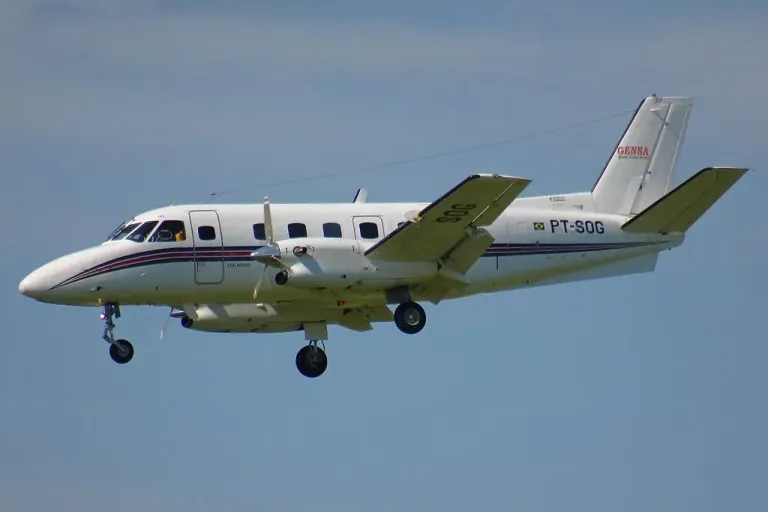Panama has formally requested the extradition of a suspect in the 1994 Alas Chiricanas Flight 901 bombing after his capture in Venezuela. Venezuelan authorities detained Ali Zaki Hage Jalil, a 57-year-old man wanted for one of the deadliest attacks in Panamanian aviation history, on Margarita Island. The Panamanian government announced it is initiating all necessary diplomatic and judicial procedures to bring the long-sought suspect to trial.
This arrest concludes a manhunt that spanned more than three decades. The suspect was apprehended by agents from Interpol Venezuela, acting in coordination with Panamanian judicial authorities. A Red Notice from Interpol Panama had been issued for his arrest, connecting him to the bombing that killed 21 people, including three American citizens.
Official Response and International Cooperation
Panama’s Ministry of Foreign Affairs released a strong statement following the detention. The government expressed its profound concern over the suspect’s presence in Venezuela and its unwavering commitment to securing justice. Officials described it as unacceptable that those responsible for the attack have evaded accountability for over thirty years.
“Panama reiterates its unshakable commitment to the truth, memory, and justice, and its decision to not allow Panamanian territory or its citizens to be victims or instruments of extremist organizations that seek to sow fear or division,” [Translated from Spanish] the Ministry’s official statement read.
The government also pledged to continue strengthening international cooperation with allied nations and multilateral bodies. This cooperation focuses on preventing, investigating, and sanctioning terrorism and the financing of illicit activities that threaten regional security. The pursuit of this extradition aligns with international law and resolutions from the United Nations Security Council concerning the global fight against terrorism.
Recalling a National Tragedy
The bombing of Alas Chiricanas Flight 901 on July 19, 1994, remains a deeply traumatic event for the Central American nation. The aircraft exploded in mid-air shortly after taking off from the city of Colon. The explosion killed everyone on board, marking a devastating loss. The attack was not an isolated incident in the region.
It occurred just one day after a massive car bomb detonated beside the Argentine Israelite Mutual Association building in Buenos Aires. That attack killed 85 people and injured more than 300. A group calling itself Ansar Allah, which United States authorities have identified as an alias for Hezbollah, claimed responsibility for both attacks in a statement issued from Lebanon days later.
Panamanian prosecutors had secured the Interpol Red Notice for Hage Jalil, citing charges of intentional homicide and crimes against collective security, specifically targeting means of transport and communication. His capture signals a potential breakthrough in a case that has haunted the country for a generation. For the families of the victims, the extradition process represents a long-awaited chance for judicial closure.



